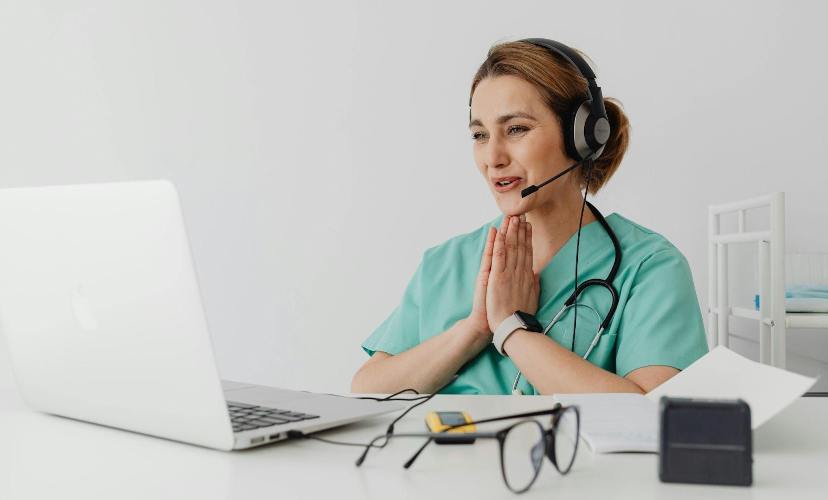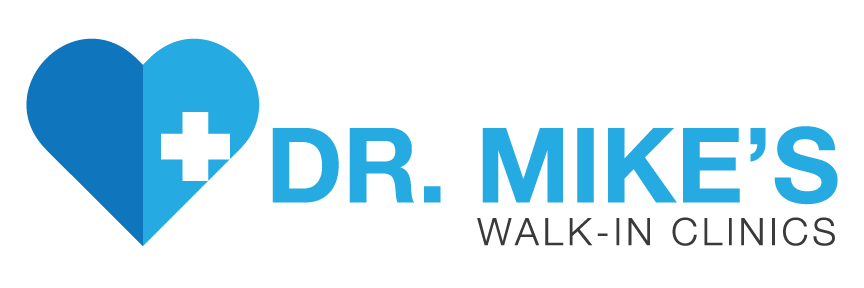Our Blog
The Role of Walk-In Clinics in Community Health

Healthcare is one of the most important pillars of any thriving community. Nowadays, though, access to timely medical care often feels like a luxury. Long waits for appointments and crowded emergency rooms can frustrate people, especially when facing non-life-threatening but urgent health concerns.
That’s where walk-in clinics help out immensely. They offer immediate access to care, along with many other benefits.
Convenient and Flexible Care
Walk-in clinics offer a straightforward premise: accessible healthcare without the need for an appointment. This model caters to a wide range of people, from busy parents with sick children to professionals who can’t afford to take time off work for a medical consultation. These clinics operate during extended hours, including evenings and weekends, making them an ideal choice for those with unpredictable schedules.
Imagine feeling unwell late in the day and knowing you can visit a clinic after work instead of waiting until the next morning. This flexibility can make all the difference in addressing health concerns early, preventing complications, and offering peace of mind to patients.
Easing the Burden on Emergency Rooms
Emergency departments are often overwhelmed with patients seeking care for non-emergency issues like minor injuries or routine illnesses. Walk-in clinics can handle these cases so that hospitals can focus on life-threatening situations. This redistribution of resources benefits everyone by creating a more efficient healthcare system for communities.
Comprehensive Services Under One Roof
Walk-in clinics are equipped to treat a variety of health concerns. From sore throats and ear infections to minor fractures and skin rashes, they handle common conditions that don’t require hospital care. Many clinics also offer vaccinations, physical exams, and diagnostic services such as X-rays and lab tests. This comprehensive approach makes sure patients receive accurate diagnoses and treatment plans in a single visit, saving time and reducing the need for multiple appointments.
Affordable and Accessible Healthcare
For individuals without a primary care physician or those who lack health insurance, walk-in clinics can serve as a lifeline. They often have affordable pricing structures and transparent billing practices, making them a practical option for people who might otherwise delay or forgo medical care. By providing care to underserved populations, walk-in clinics work hard so that no one in the community is left behind.
Fostering Trust and Continuity of Care
While walk-in clinics may not replace a long-term relationship with a primary care provider, they still offer consistent, quality care delivered by skilled healthcare professionals. Many clinics keep detailed patient records, which can be shared with other providers if further treatment is needed. This integration with the broader healthcare network enhances the patient experience and fosters trust in the system.
A Hub for Preventative Health
Walk-in clinics are not just for reactive care—they also focus on prevention. Routine screenings, wellness check-ups, and education on healthy lifestyle choices are often part of their services. By identifying potential health risks early, walk-in clinics empower patients to take control of their health and prevent future complications.
A Vital Resource During Public Health Crises
The importance of walk-in clinics became even more evident during the COVID-19 pandemic. As traditional healthcare systems struggled to meet unprecedented demand, walk-in clinics stepped up to provide testing, vaccinations, and treatment for mild cases. Their adaptability highlighted their role as a resilient and flexible option during times of crisis.
Supporting Mental Health Needs
Walk-in clinics also play a growing role in supporting mental health care. With increasing awareness around mental health issues, having a walk-in option for initial assessments and referrals can be life-changing. Some clinics even offer on-site counseling or partnerships with mental health professionals, further expanding the scope of care available.
Economic Benefits to the Community
In addition to their health benefits, walk-in clinics contribute to economic stability within the community. Affordable healthcare options help families save money and reduce medical debt. These clinics also employ local healthcare professionals, creating jobs and fostering a sense of community investment.
Empowering Patients Through Education
Walk-in clinics often serve as educational resources, helping individuals make informed decisions about their health. Providers take the time to explain treatment options, offer advice on managing chronic conditions, and encourage healthy habits. This focus on education not only improves individual outcomes but also promotes long-term community health.
Leveraging Technology for Better Access
Advances in technology have amplified the convenience of walk-in clinics. Many now offer online check-ins, telemedicine consultations, and digital access to medical records. These tools streamline the process for patients, making it easier to plan visits and stay engaged in their healthcare journey.
Strengthening Community Health
In areas where healthcare options are limited, walk-in clinics serve as a critical safety net. They provide an accessible alternative for individuals who might otherwise have to travel long distances or wait weeks for an appointment. By addressing health issues promptly, these clinics promote better outcomes and reduce the risk of complications.
A Pillar of Community Healthcare
Walk-in clinics strengthen the overall health of the community by offering timely care, promoting preventative measures, and relieving pressure on traditional healthcare systems. Their presence means that everyone, regardless of circumstances, has access to the care they need, exactly when they need it.
Encouraging Health Equity Across Communities
Walk-in clinics also promote health equity by addressing disparities in access to care. In underserved urban neighborhoods or regions with high populations of uninsured individuals, these clinics provide an inclusive, welcoming environment. The providers offer affordable services without requiring appointments, breaking down barriers to care. This commitment to accessibility makes walk-in clinics an invaluable part of creating healthier, more equitable communities.
At
Dr. Mike’s Walk-In Clinics, we provide immediate care to our community.
Contact us to learn more about how we can help you and your loved ones today!


PHONE
FAX
877-738-3841
VISIT
12143 Navajo Rd.
Apple Valley, CA 92308
HOURS
Monday – Friday
8:30 AM – 6 PM
Saturday
10 AM – 3 PM
All Rights Reserved | DR. MIKE'S WALK-IN CLINIC · 12143 NAVAJO RD. APPLE VALLEY, CA 92308 | Privacy Policy

